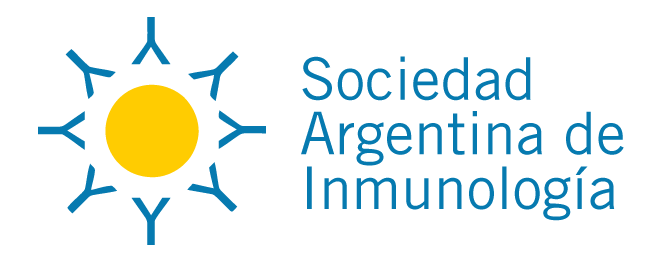Trained immunity and BCG vaccination: a tool against COVID19?
Mihai Netea
Trained immunity and BCG vaccination: a tool against COVID19?
Date: May 18, 2020
Time: 15:00 (UTC+2)
What do we know about the adaptive characteristics of innate immune responses? Does BCG induce long-term changes in innate immune cells? What are the non-specific effects of BCG vaccination on other infections? Can the BCG-induced trained immunity be harnessed against COVID-19?
Presenter: Mihai Netea
Mihai Netea was born and studied medicine in Cluj-Napoca, Romania. He completed his PhD at the Radboud University Nijmegen, The Netherlands, on studies investigating the cytokine network in sepsis. After working as a post-doc at the University of Colorado, he returned to Nijmegen where he finished his clinical training as an infectious diseases specialist, and where he currently heads the division of Experimental Medicine, Department of Internal Medicine, Nijmegen University Nijmegen Medical Center. He is mainly interested in understanding the factors influencing variability of human immune responses, the biology of sepsis and immunoparalysis in bacterial and fungal infections, and the study of the memory traits of innate immunity. He is the recipient of the Spinoza Prize 2016 and an ERC Advanced grant in 2019, and member of the Netherlands Royal Academy of Science (KNAW).
Moderator: Faith Osier
MiFaith is President of the International Union of Immunological Societies (IUIS), an Official #TOGETHERBAND Ambassador for the UN Sustainable Development Goal 3: Good Health & Well-being and a 2018 TED Fellow. She has won multiple international prizes for her research in understanding the mechanisms of immunity against Plasmodium falciparum in man. She aims to translate this knowledge into highly effective vaccines against malaria. She is Visiting Professor of Malaria Immunology in the Nuffield Dept of Medicine, Oxford University, and holds the prestigious Sofja Kovalevskaja Award from the Alexander Humboldt Foundation as well as an EDCTP Senior Fellowship. In 2014, she won the Royal Society Pfizer Prize, UK. She holds major research grants from the Wellcome Trust and is an MRC/DfID African Research Leader.



